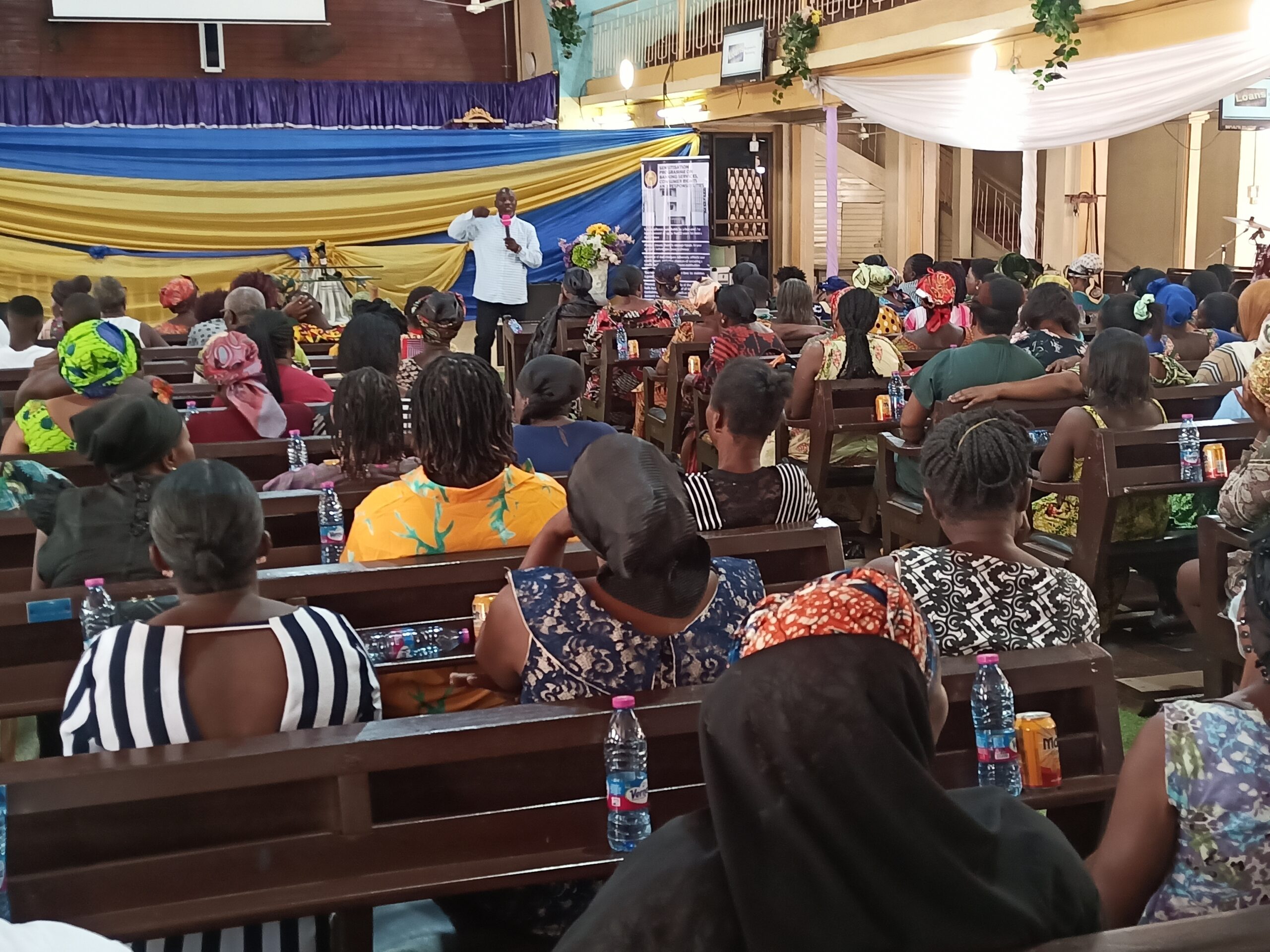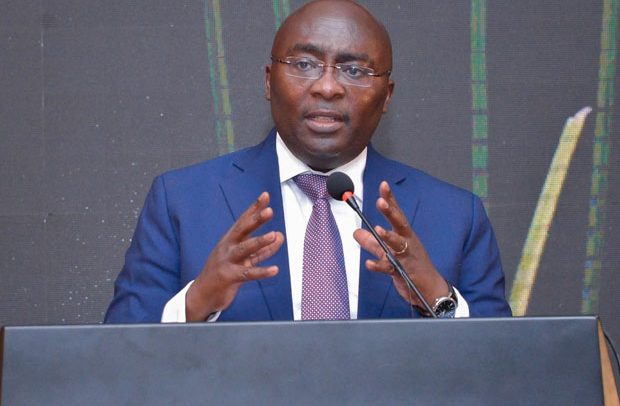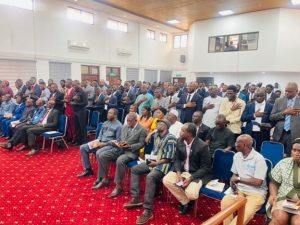
By Joshua Worlasi AMLANU
The recent cedi gains and easing inflation have created room for lower borrowing costs, but high lending rates remain a drag on private sector growth, Professor Godfred Bokpin – an economist at the University of Ghana Business School – has said.
Speaking at Prudential Bank’s Cedi Appreciation Seminar in Accra, Bokpin said the central bank’s recent policy rate cut to 25 percent from 28 percent in March reflects stronger macroeconomic fundamentals, including trade surpluses and improved fiscal discipline.
He cautioned that the persistence of double-digit interest rates risks stifling business expansion.
“The kind of interest rate we have can only fund imports and not production or manufacturing,” Prof. Bokpin said.
He argued that despite headline improvements, the cost of credit remains misaligned with government’s ambition to drive growth and create jobs.
Lending rates charged by commercial banks currently range from about 16 percent to nearly 25 percent, with some institutions offering loans as low as 12 percent. That marks progress from the 32 percent peak recorded in 2020, but Bokpin said the spread between the policy rate and market lending rates highlights inefficiencies in the financial system.
“The gap between a 25 percent policy rate and lending rates of almost 30 percent is too wide,” he said. “That represents inefficiency and it is a cost in the system which must be addressed.”
Prof. Bokpin commended the Bank of Ghana and Finance Ministry for fiscal and monetary coordination that has pushed inflation down sharply. Consumer prices have eased from above 50 percent in early 2023 to the low 12.1percent range this year, with projections of single-digit inflation by early 2026. Yet he stressed that macroeconomic stability should not be seen as an end in itself.
“Stability is only a means,” he said. “We have moved between stability and crisis since 1992. What’s missing is resilience, the economy’s ability to withstand shocks.”
The professor warned that keeping interest rates elevated for too long could undermine competitiveness and job creation. He pointed to Kenya, where businesses borrow at around 10 percent, as a contrast to Ghana’s environment.
“If our rates are not aligned, we are denying private capital the opportunity to expand and employ,” he said.
Prof. Bokpin also highlighted structural constraints, including a high state-driven cost base that private efficiency cannot correct. He called for targetted government action to reduce these costs and create a more enabling environment for investment.
The economist noted that while cedi stability is welcome, the pace of appreciation has caused disruptions for businesses reliant on predictable exchange rate movements.
“When adjustments are too sharp, projects are put on hold,” he said, adding that gradual adjustments would help firms plan better.
Prof. Bokpin urged policymakers to ensure that gains from fiscal prudence, disinflation and currency stability are translated into affordable financing for businesses.
“If businesses can access credit at eight percent with long maturities, they can expand, create jobs and transform the economy,” he said.
The post High interest rates threaten private sector, despite cedi gains – Prof. Bokpin appeared first on The Business & Financial Times.
Read Full Story



















Facebook
Twitter
Pinterest
Instagram
Google+
YouTube
LinkedIn
RSS